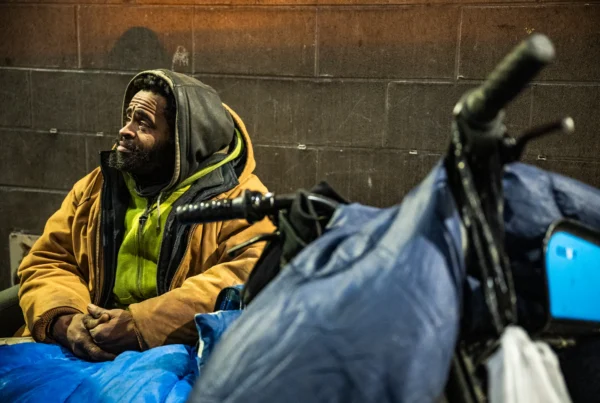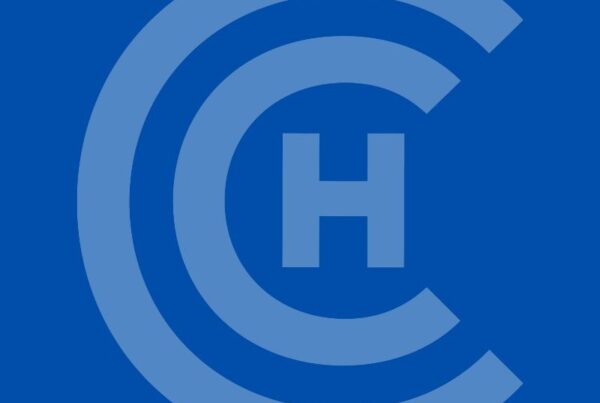Editor’s Note:
U.S. Rep. Danny Davis published this letter to the editor in the Chicago Sun-Times to commend the reentry housing pilot advocated by our CCH Reentry Project. The pilots were implemented through 2017 at both the CHA and the Housing Authority of Cook County.
I want to commend the Chicago Housing Authority Board of Commissioners, which voted recently to permit residents with a criminal conviction on their record an opportunity to access public housing.
It has been a 20-plus year struggle to get to this important milestone.
HUD adopted the “One Strike and You’re Out” Rule in 1996, effectively banning people with criminal records from public housing.
In 2011, then-HUD Secretary Shaun Donovan sent a letter to all public housing authorities in the U.S., asking them to rethink their admissions criteria and to join HUD in “welcoming these deserving citizens back into our communities.”
In 2014, the CHA Board of Commissioners engaged with a coalition of anti-homelessness advocates, re-entry service providers, and CHA tenants and staff, with support from the mayor’s office to create what become known as the CHA Reentry Pilot.
Over the past decades we have chipped and whittled away at public housing and affordable housing. At the same time we have undertaken a construction boom in U.S. government-subsidized housing in the form of prison cells.
Some 2 million people were locked up at the federal, state or local level. Eventually, almost all of them will return to the community. The question of where they will live is an immediate and critical one, and has important consequences for both the ex-offenders and society-at-large.
Ideally, incarceration should change an offenders’ assessment of the benefits and costs of crime in two ways. It should alter their value system, and it should enhance and enrich the options available to returning ex-offenders by offering real alternatives to their lifestyle before incarceration.
Most ex-offenders return to families or friends in their old neighborhoods. Often, this is the environment that helped them get into trouble in the first place. Chances are, they don’t have a job. Chances are they can’t afford first and last month’s rent. That creates the conditions: the lack of stability, the chaos, the poverty, where crime can flourish and where re-incarceration becomes almost inevitable.
I hope that public housing authorities and advocates will follow their example.
Now let us move urgently to creating enough affordable housing so every one of our people in Chicago, and across the nation, have access to a safe, healthy place to stay.
Danny K. Davis, U.S. representative, 7th Congressional District of Illinois






